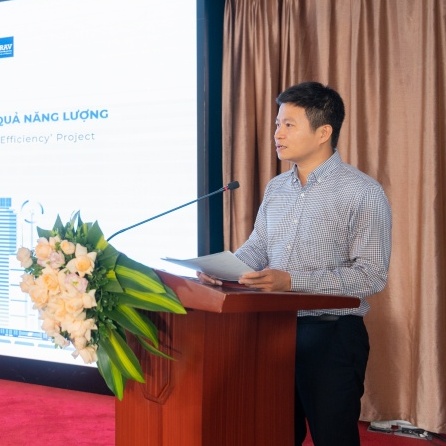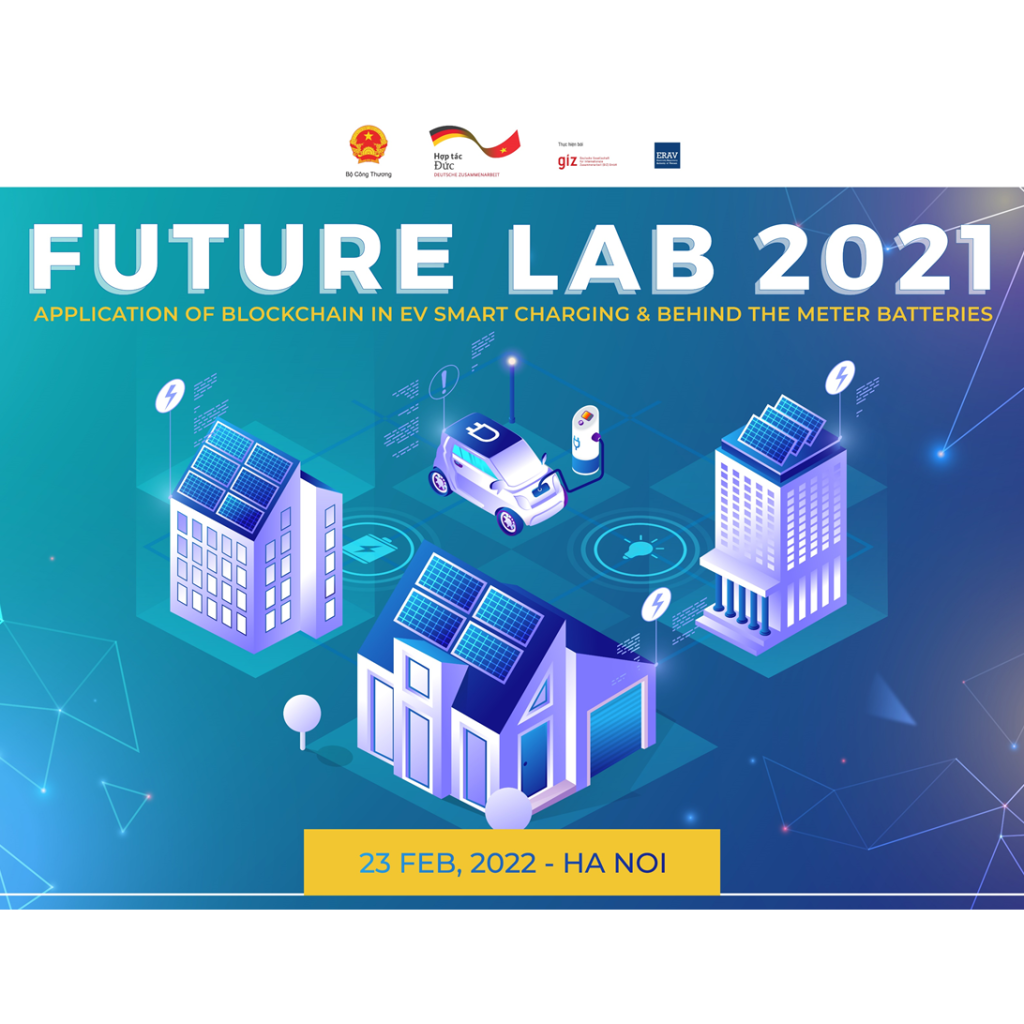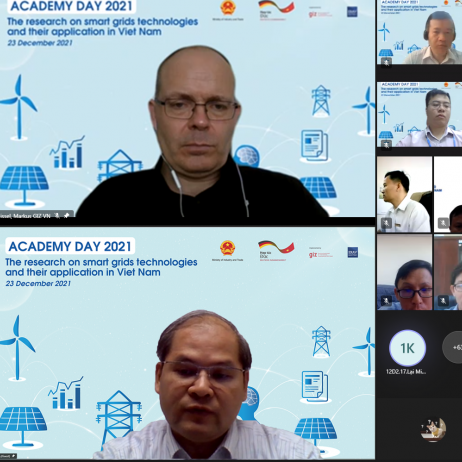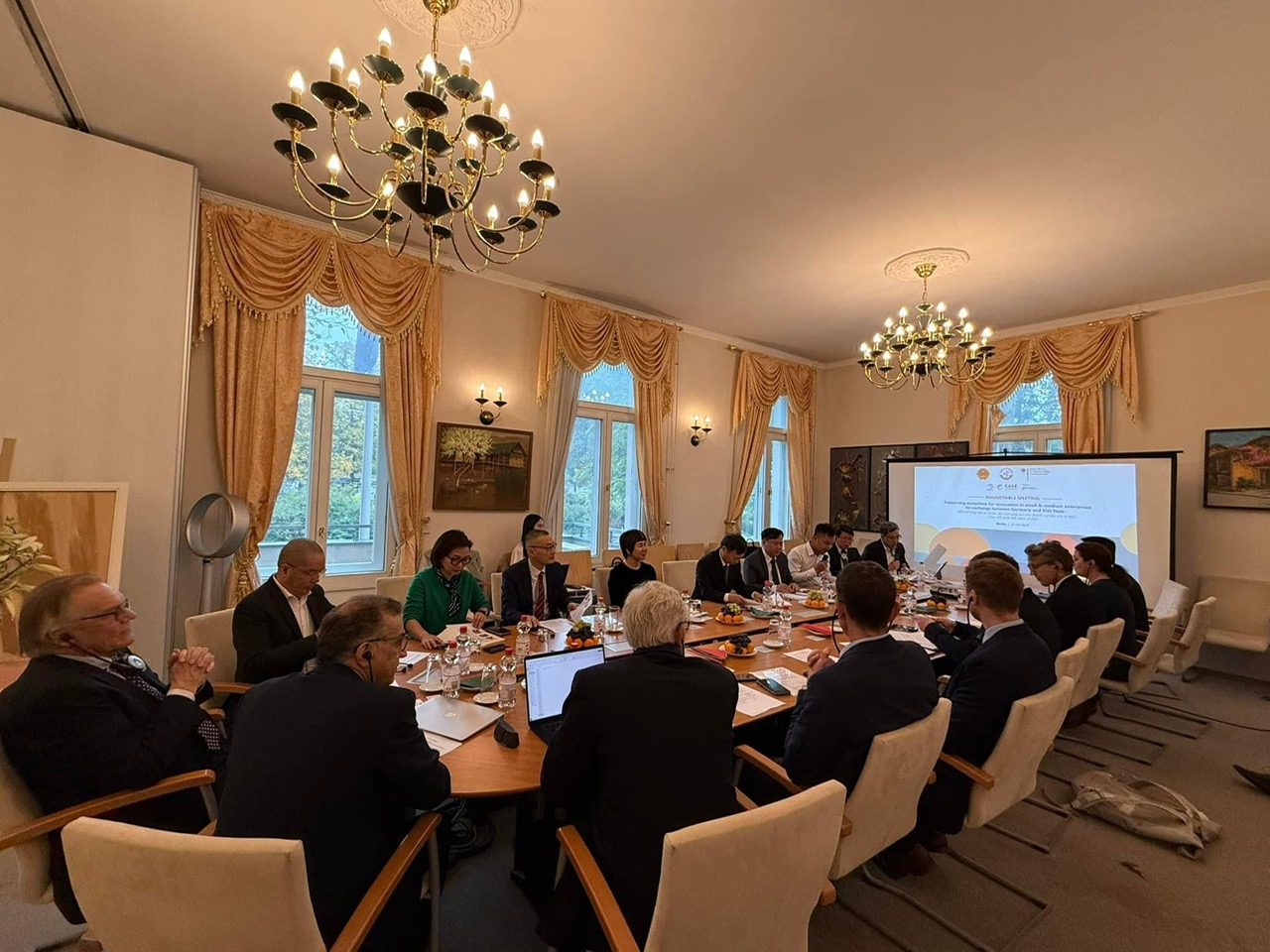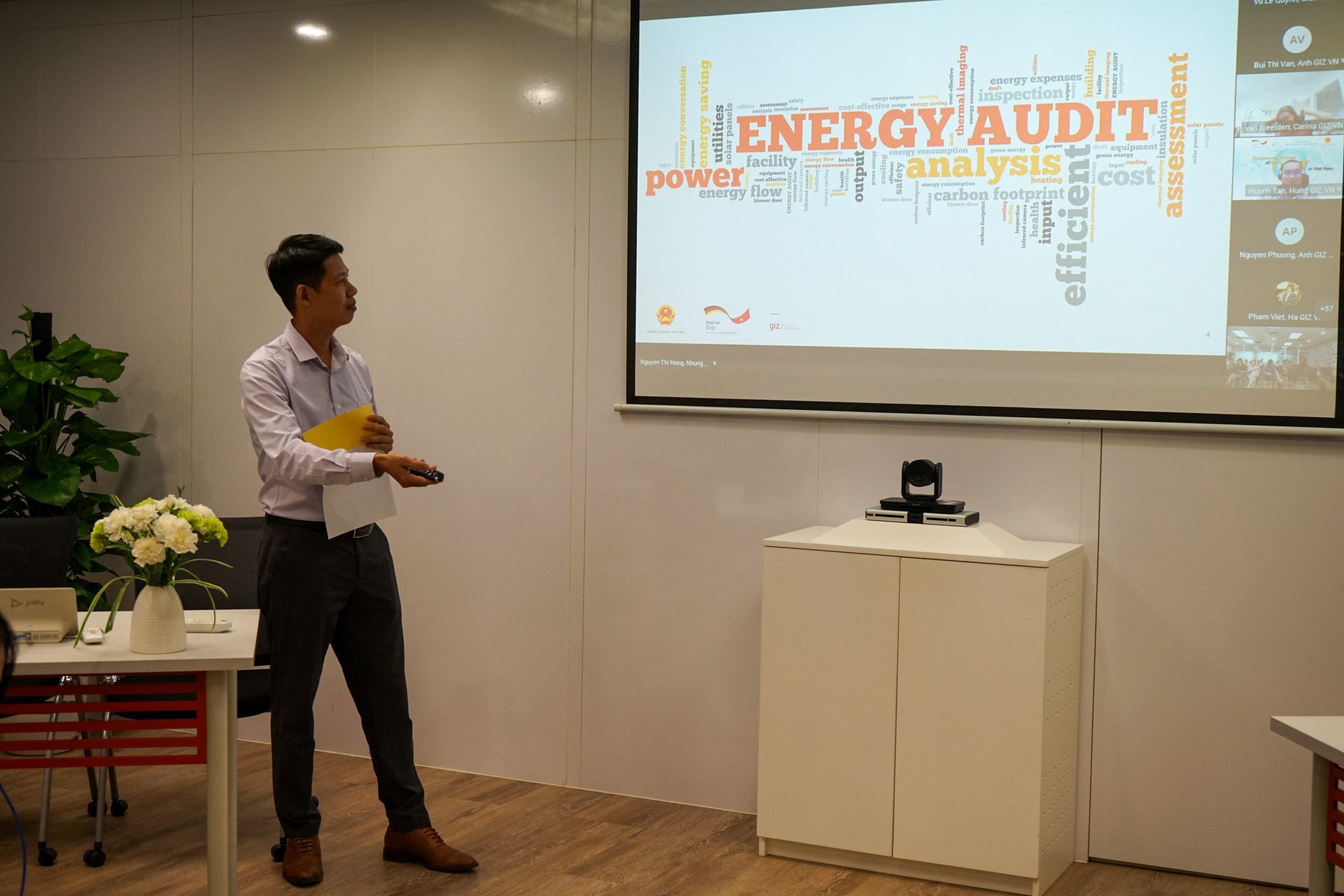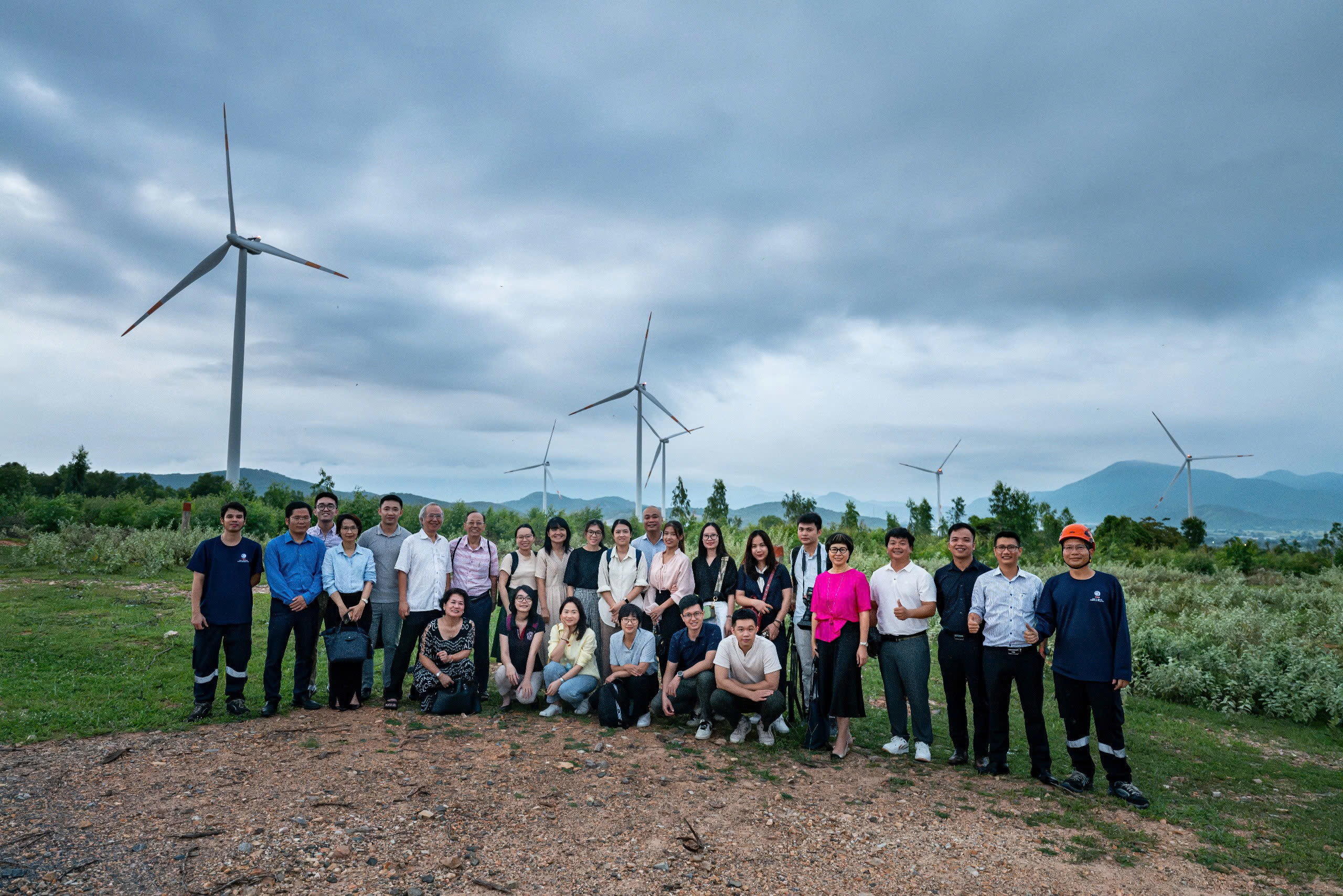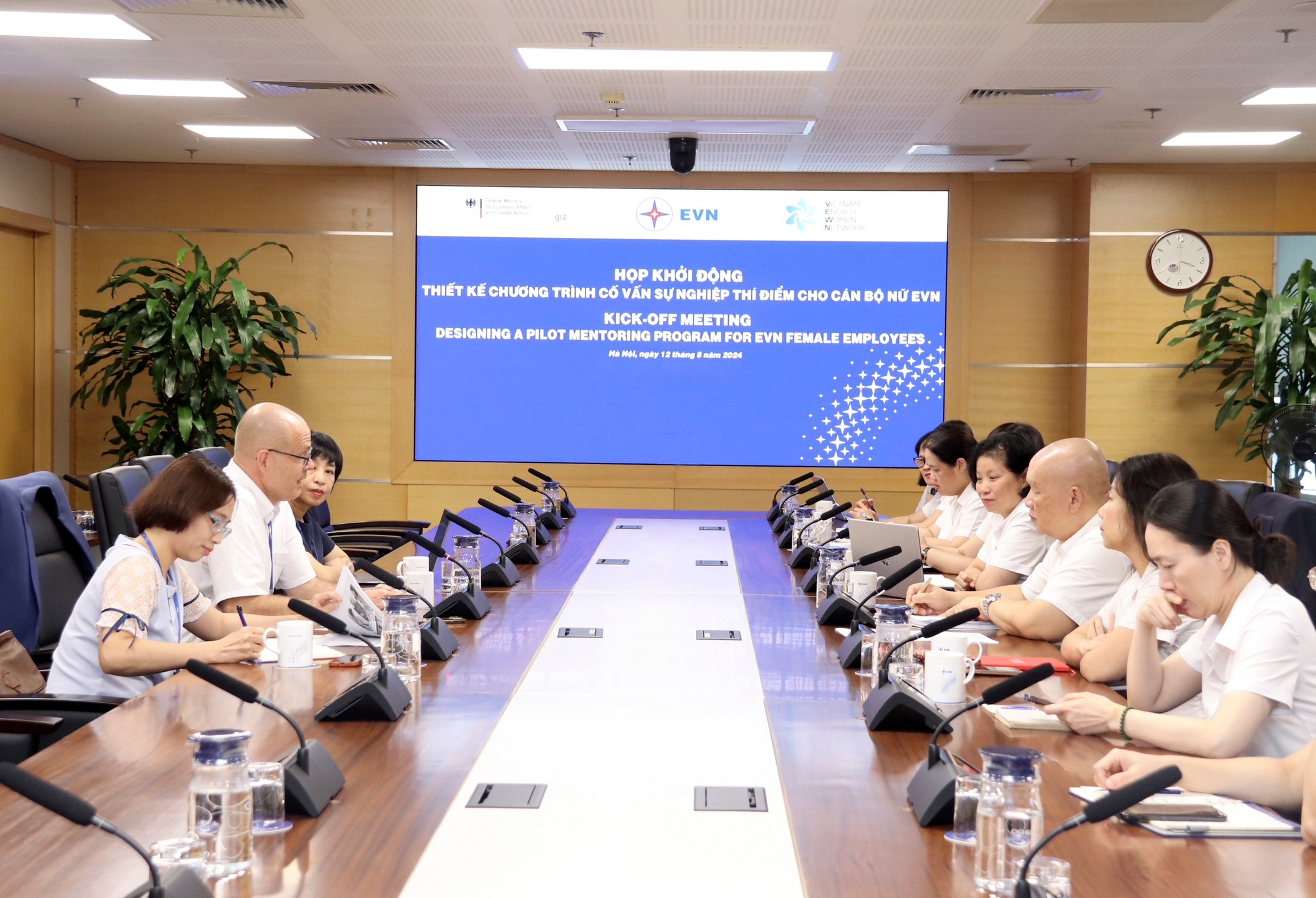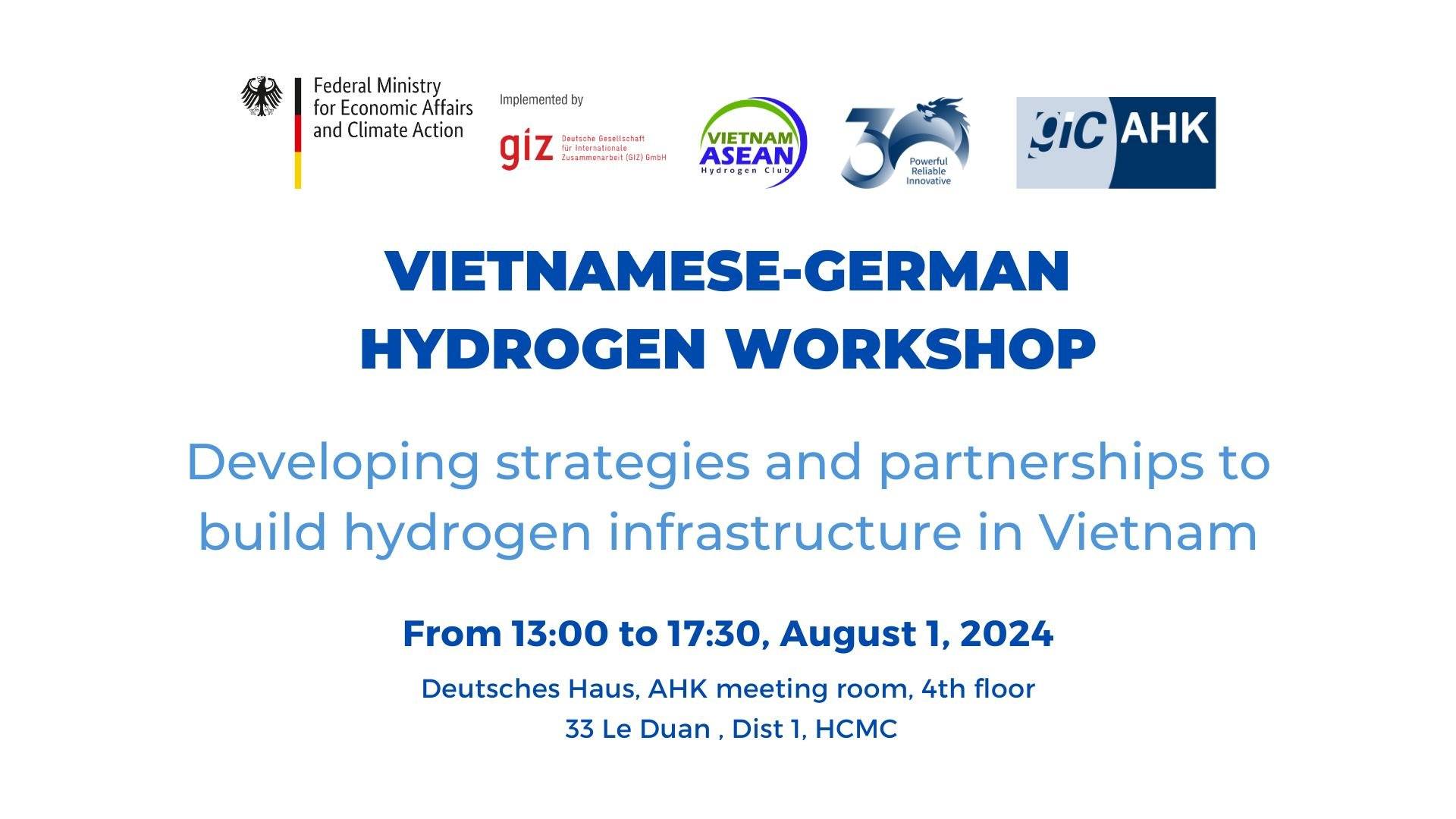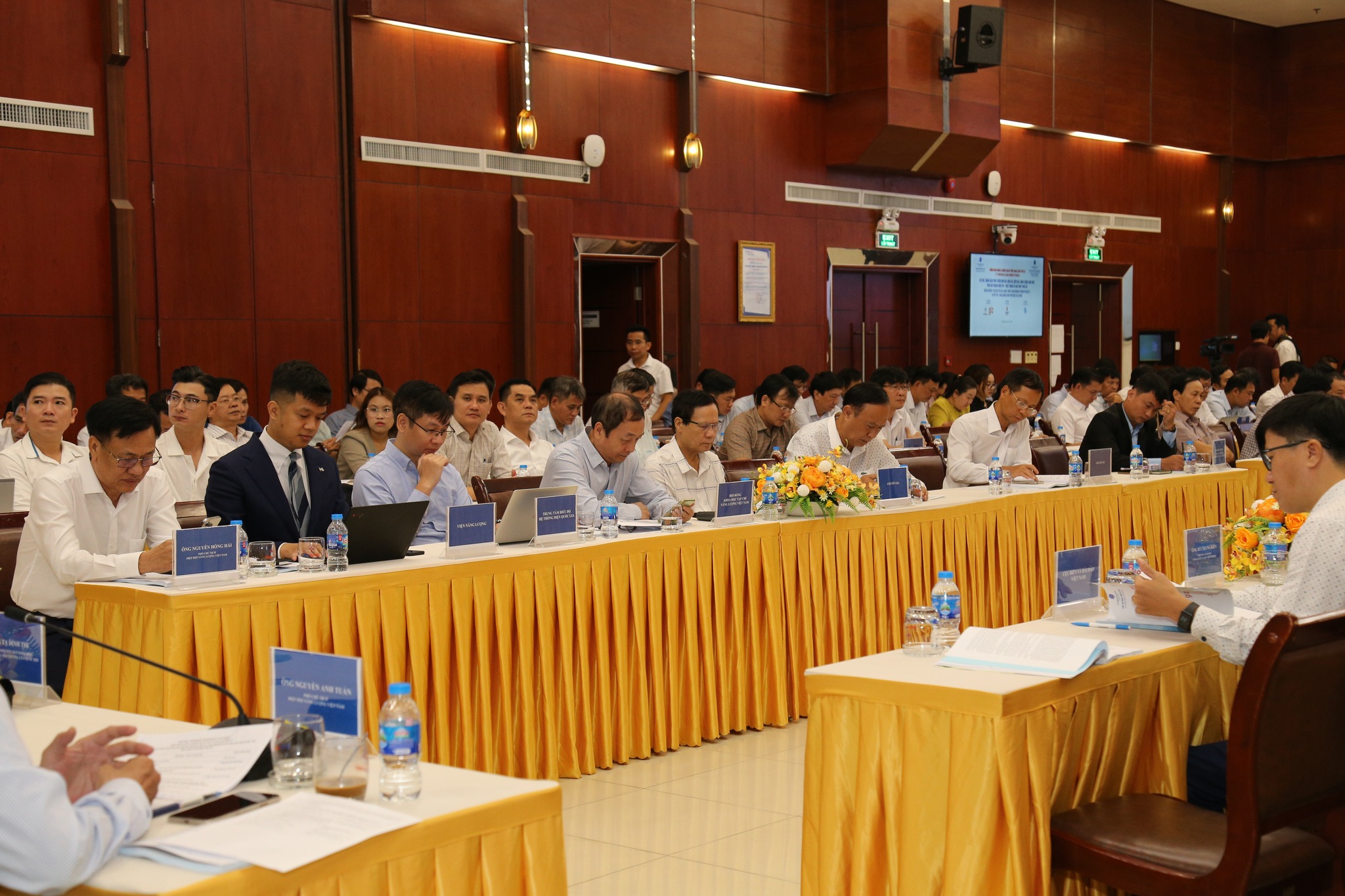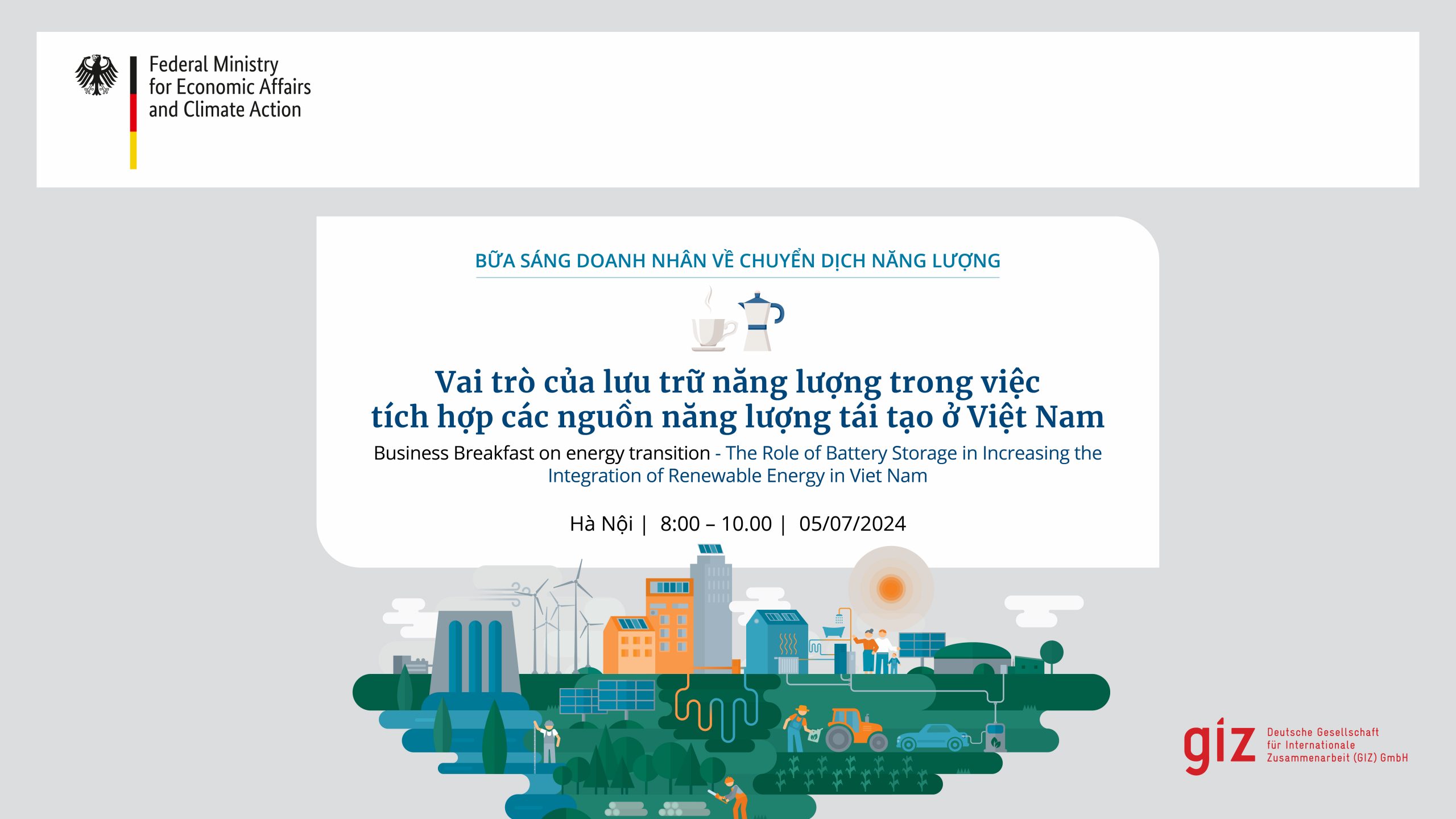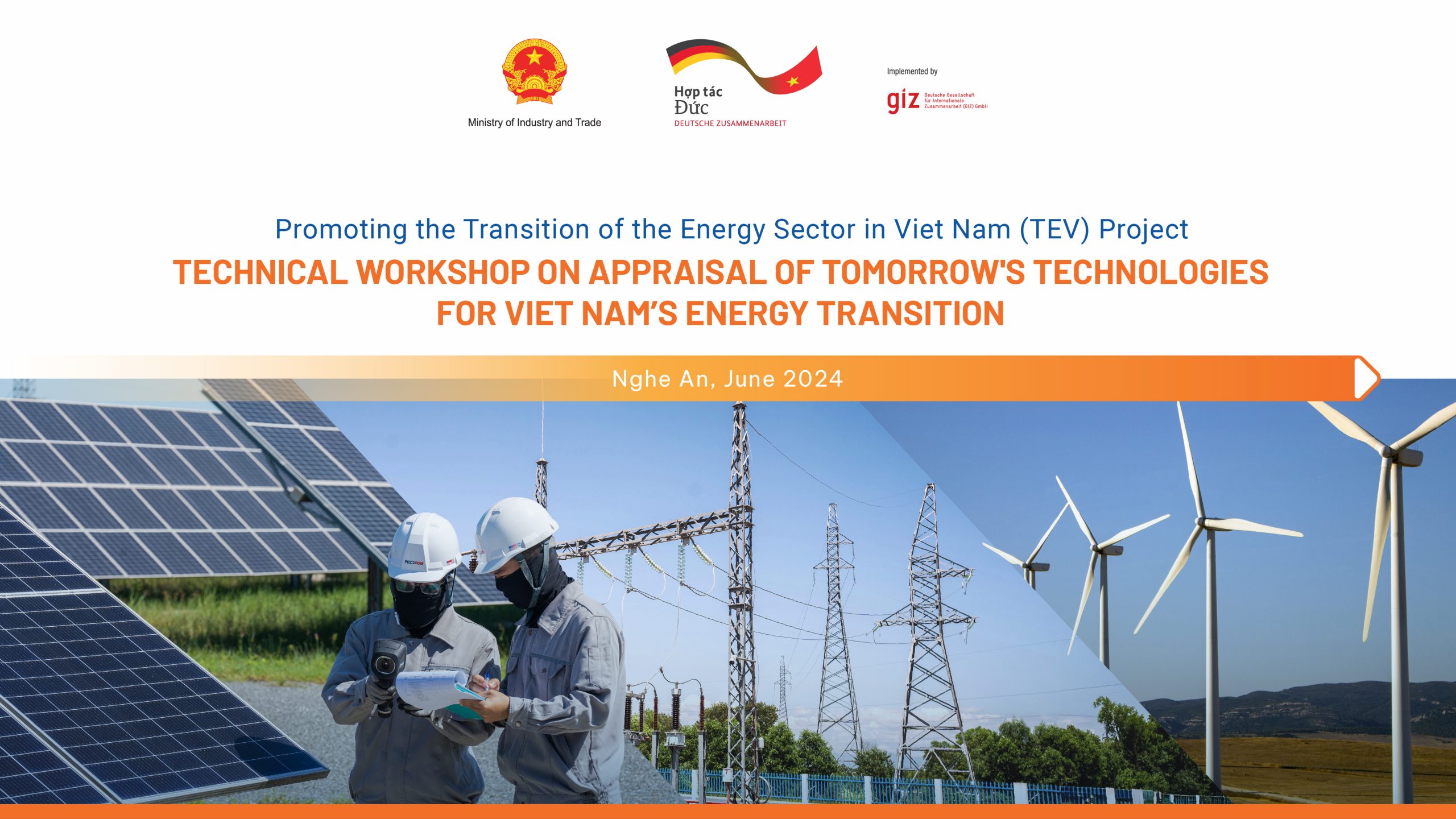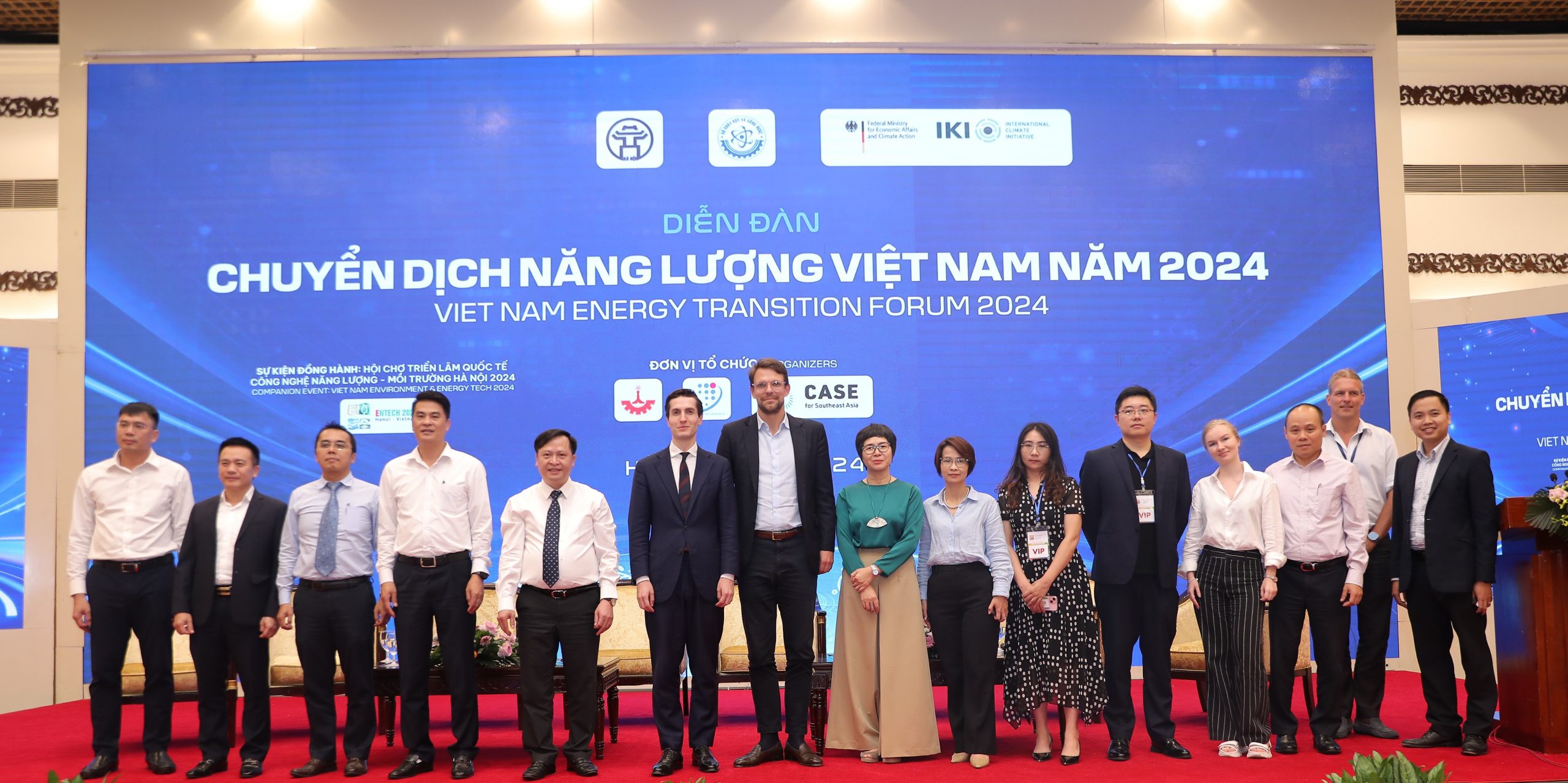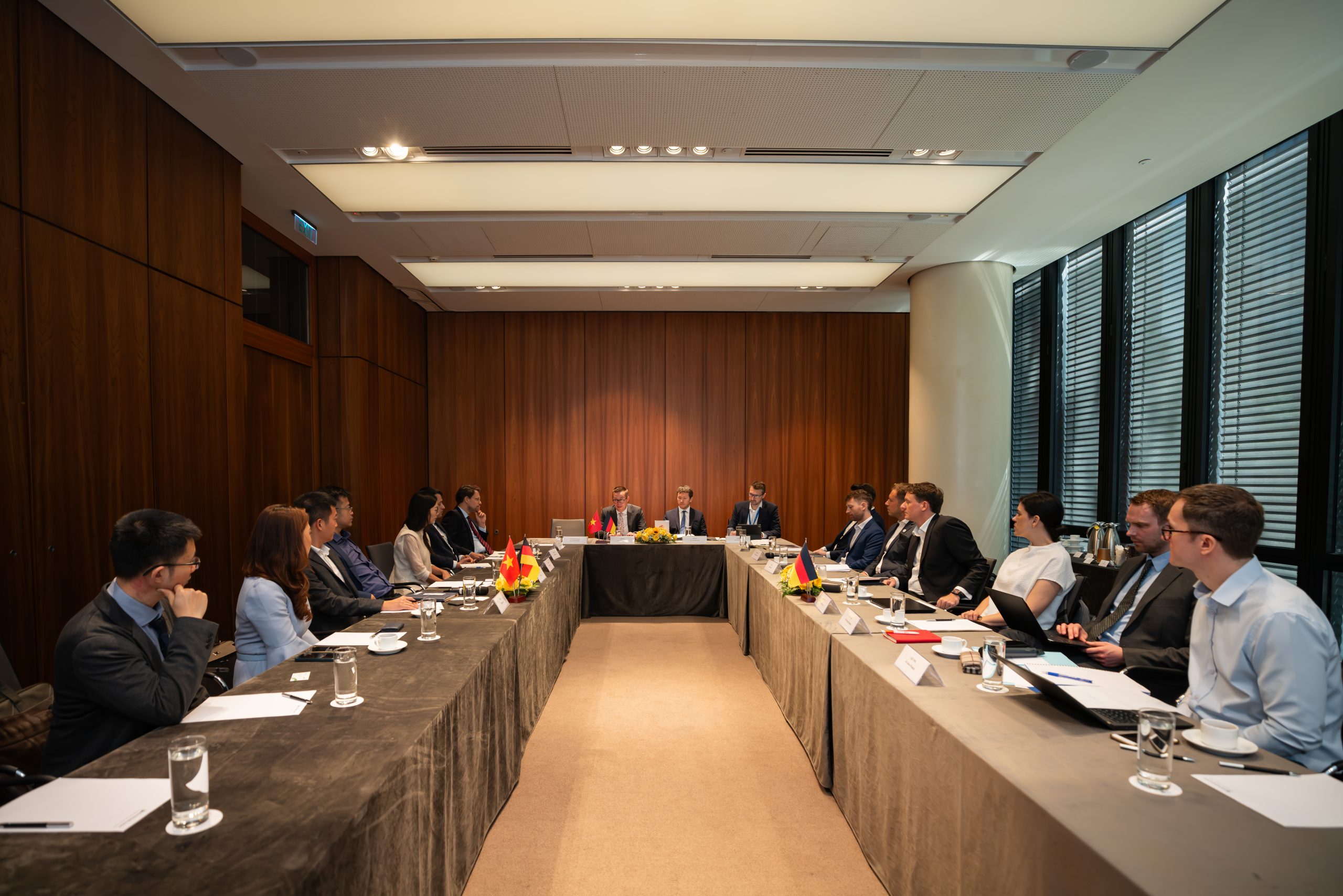The Electricity Regulatory Authority of Vietnam (ERAV) and the Ministry of Industry and Trade, in cooperation with the Deutsche Gesellschaft für Internationale Zusammenarbeit (GIZ) GmbH, held a consultation workshop on “Assessment and Recommendations of Legal Framework for Application of Smart Grid to Develop Renewable Energy Sources and Promote Energy Efficiency in Vietnam” on November 21 in Hanoi.
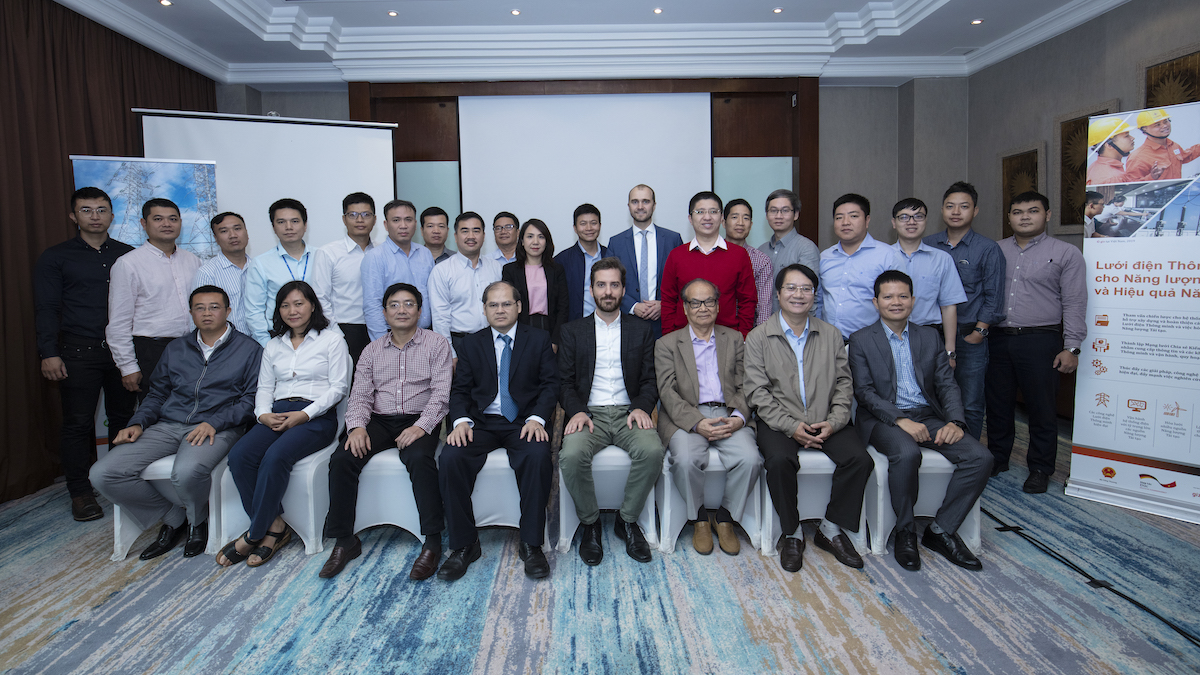
The workshop was attended by representatives from relevant ministries and agencies, Electricity of Vietnam (EVN) and its member companies, international development partners, local university lecturers, private investors, and national and international experts. It was part of the bilateral technical cooperation project “Smart Grids for Renewable Energy and Energy Efficiency” between the governments of Vietnam and Germany.
“To promote the implementation of Decision No. 1670/GQ-TTg on the development of intelligent power grids in Vietnam, approved by the Prime Minister on November 8, 2012, ERAV, with support from and coordination with GIZ and international consultants, has reviewed and proposed important revisions to the legal framework,” Mr. Tran Tue Quang, ERAV Deputy Director, said in opening the workshop. “We hope to receive further ideas, comments, and suggestions from technical experts as well as consultants here at the workshop, for evaluating and proposing a suitable legal framework for the actual development of Vietnam’s smart grid and electricity system.”
“Vietnam’s electricity system is facing technical and financial challenges as we have seen the country’s rapid development of renewable energy sources in the past year and its ambitious plan until 2030, especially power sources using wind and solar energy, which rely on weather conditions,” said Mr. Tobias Cossen, Project Director at GIZ. “It is therefore necessary to quickly develop appropriate legal provisions to enable the widespread integration of power sources using renewable energy without affecting the reliability of electricity supply and the quality of the electricity system, as well as to minimize the effect on the average electricity price of the whole system.”
A team of international consultants presented the results of a study and assessment of Vietnam’s existing legal framework, spoke of best international practices, and proposed a legal framework for the application of smart grids. Gaps were found in regulations on the integration of renewable energy sources, regulations on implementing smart energy technologies, technical standards for smart energy technology, technical regulations, and grid connection standards.
The consultants noted that Vietnam has a clear policy to promote renewable energy development with specific goals and strategies. The government has issued a clear mechanism to encourage renewable energy development through an attractive feed-in-tariff (FIT) pricing mechanism with long-term power purchase agreements (PPAs) and subsidies on related taxes to facilitate the mobilization of funds for renewable energy projects.
A policy of promoting renewable energy on the part of electricity users has not been given due attention, however. PPAs, which are currently limited to signing with only one buyer, EVN, and direct power purchase agreements (DPPAs), which allow power plants to sell renewable-based electricity directly to major power consumers, are only in the stage of pilot implementation. The approval of a large proportion of renewable energy sources mainly focuses on certain locations and is not in keeping with the existing circumstances and progress made by investment in electricity transmission grids, while the existing FIT pricing mechanism does not reflect market price signals.
The consultants made some key recommendations, including the introduction of attractive financial mechanisms to encourage renewable energy power plants to participate in Vietnam’s energy balance and ancillary services, specific regulations and mechanisms to control grid congestion, limiting the curtailment of renewable energy sources in line with the trend towards integrating a high proportion of renewable energy into the mix, and regulations and mechanisms encouraging the installation of energy storage systems and allowing the participation of auxiliary service providers to increase the flexibility and reliability of the electricity system. Other suggestions include appropriate financial mechanisms to implement the Demand Response Program (DR) and attractive financial regulations and mechanisms that enable the realization of the virtual power plant (VPP) model.
Following these presentations was an open discussion to gather feedback on assessments and recommendations on the legal framework. The consultants will now make suitable and appropriate final recommendations.
Source: Vietnam Economic Times




